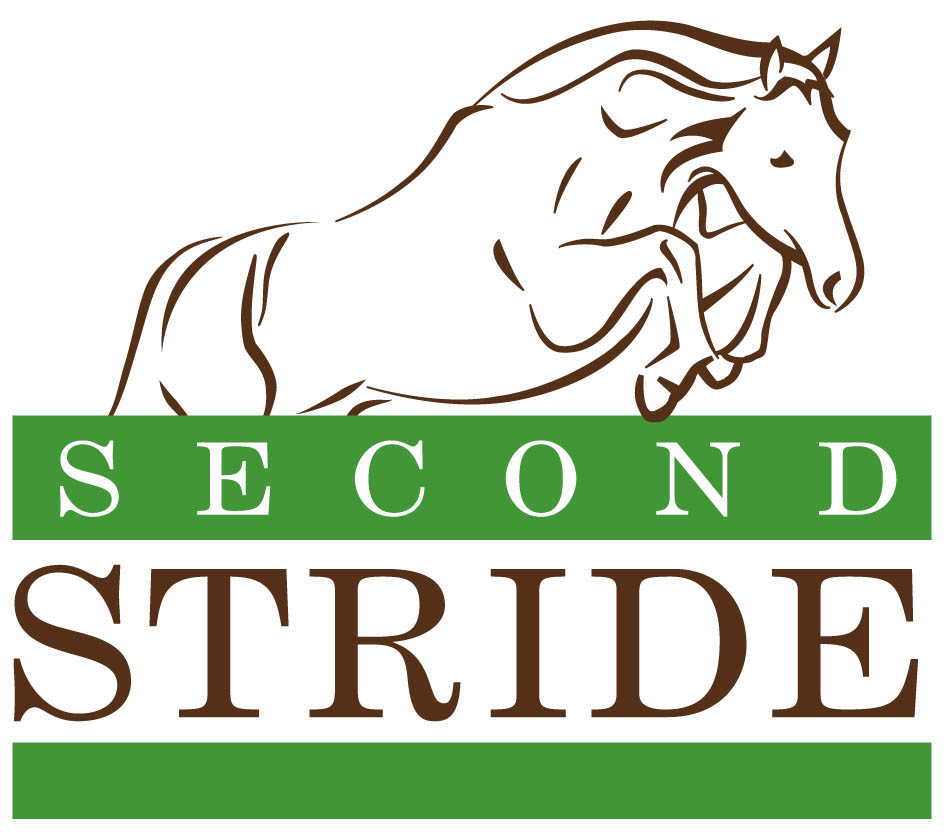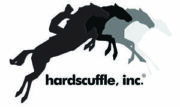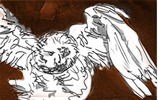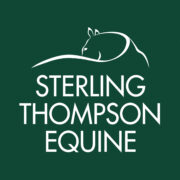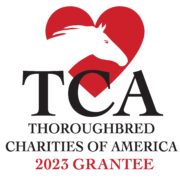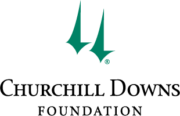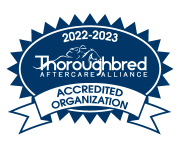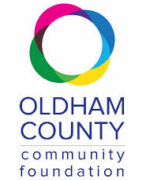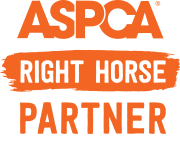The average adoption fee at Second Stride is $400 but the fee can vary depending on each horse’s condition and level of training. If the horse has physical limitations, is older, or has a vice, the fee is often waived.
All adopters are responsible for arranging transportation for their adopted horse. Horses must be picked up from our facility within 5 days of a completed adoption contract. Until a horse has a completed contract, paid fee and leaves our facility, the adoption is not final and is considered “pending”. Click here for a shipping service that some adopters have used successfully.
Second Stride adopts to all states.
In most cases a veterinarian has already evaluated the horse, and it has received the necessary rehabilitation. Seldom do these horses require veterinary care other than routine dental, immunizations, and worming.
At this stage in their lives, most retired racehorses are not recommended for children or novices. They are fresh off the track with little riding experience away from the racetrack. Even after a period of transitional training, many will not be safe for children or inexperienced riders.
In general Second Stride does not allow first time horse owners to adopt. The exception would be an individual with extensive experience who rides under the supervision of a professional. It is very important for these horses to be handled by experienced, confident people in order to make a successful transition to a new career.
All riders at our farms are required to sign a waiver of liability. Potential adopters are allowed to ride the horses after a Second Stride volunteer rides first. Rides start out in a small round pen following a discussion of the adopter’s skill level. Our volunteer or horse manager will determine if the potential adopter can ride in the arena or fields after watching the adopter’s initial ride in the round pen.
This scenario seldom occurs since we try to ensure beforehand that adopters have the experience and confidence necessary to train the horse for a new vocation or will engage a qualified professional to help them. Retiring racehorses are only considered “green broke” and this fact cannot be overstated.
We encourage you to ask questions and do the research needed to make sure this horse is one you will stand by and help transition into a new career that will suit the horse. Adoption fees are not returned.
Under extreme, pre-approved circumstances, we can hold a horse for 3 days with a $150 non-refundable, non transferable hold fee. This is to allow a potential serious adopter that has thought out the situation, asked relevant questions and is 99% sure they want the horse in question, time to schedule a vet check or to travel from out of state to confirm in person. It is not available to see a horse that a potential adopter is simply curious about. Other adopters may be committed, ready and willing to give the horse a good home.
This hold fee is not transferable to another horse, and is not included as part of the adoption fee. It is not available on showcase weekends, open house weekends, or long holiday weekends when many potential adopters come at one time. We give preference to adopters committed to helping finish training and transitioning our horses, and who are ready to adopt. Our priority is to ensure horses are properly matched and moved into new caring homes.
All adopted horses must be paid for by the pre-approved adopter listed on the adoption contract, and is due at the time of a completed adoption contract. No third party checks will be accepted. Adoption contracts are voided with out payment.
We do permit an adopted horse to be resold by the adopter if we are notified of the new owner’s contact information. Please read the adoption contract carefully – there are two clauses that pertain to the life of the horse and these clauses must be put into any future bill of sale, binding for all subsequent owners. The horses cannot be raced, and they cannot be sold at public auctions where they may be at risk of questionable homes.
We do not guarantee registration papers on our adoptable horses. Please inquire prior to your adoption if you require the registration papers. All registration papers that come in with horses will be sent to the Jockey Club to be processed as “not for race use” before they are mailed to the adoptive owners.
Second Stride acts as the agent between an adopter and the former owner and trainer. Most donating owners love to get follow-up information about their horses. Please email your updates and pictures to info@secondstride.org and we will forward to the prior owner or trainer, who often do contact the adopter.
Retiring racehorses may come to Second Stride with a variety of injuries from the occupational hazards of racing. Most will heal sufficiently for general use with time away from the track, but our horses do not come with a guarantee. Please consider that our horses were under a veterinarian’s care at the track and have been professionally evaluated by the former trainer. In addition, we do a veterinary evaluation of each horse upon entry to the Second Stride program. Some may have x-rays or ultrasounds on file that can be viewed, please ask us. A veterinary exam may be done on an adoption prospect in a timely manner ONLY if there is no other potential adopter seriously considering the horse or ready to commit. If an adopter expects to use their adopted horse for a specific purpose, we recommend an independent veterinary opinion, with a veterinarian of the adopter’s choice, to ensure the horse will meet expectations.
Racehorses coming from tracks and breeding farms have been extremely well vaccinated and wormed all of their lives. The horses may be recovering from injuries or in a lean body condition, but they pose no more herd health risk than any other show or boarding stable horse. Horses are vaccinated and wormed and receive a veterinary evaluation upon introduction to the Second Stride program.
Second Stride focuses its efforts on transitioning retired racehorses to new careers. Our program adheres to the AAEP quidelines and our veterinarian’s evaluation for euthanasia.
Thoroughbreds have been raced in a snaffle bit. This type of bit should be used during the transitional training phase. When moving to a different type of bit, we recommend you introduce it slowly, so the horse learns how to “give” to the change in pressure.
A western saddle is fine, but make sure it fits properly and the tree is not putting pressure on the horse’s withers. Thoroughbreds are not accustomed to carrying a lot of weight or a bulky saddle. Be sure there is sufficient padding under any saddle you use.
Thoroughbreds generally need more calories to maintain their weight than other breeds of equivalent size. Second Stride begins with 10-12 lbs of 12% high fat concentrate/day for the average Thoroughbred and then adjusts upward for bigger horses and those that need to gain weight. This is a general guideline. Each horse’s diet is evaluated individually. The grain is accompanied by ample high quality hay or lush pasture.
Monetary donations are the biggest help. Second Stride has to raise every dollar to run this mission. Consider the organizations you belong to and determine if they would be willing to send financial support or designate Second Stride as the beneficiary of a charitable event. We do everything in our power not to turn horses away, but we need broad financial support and fundraising efforts. We welcome people who are willing to identify, inquire, and apply for grants from foundations and organizations that care about the horses. We will eagerly supply the needed stationary, brochures, newsletters, and documentation.
